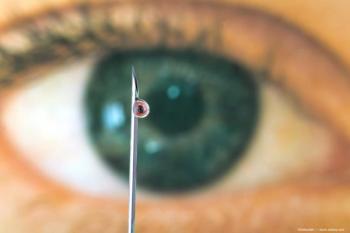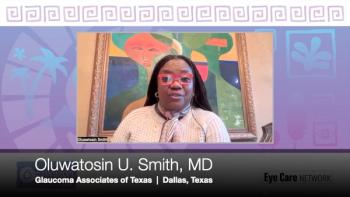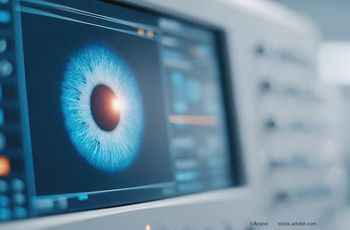
Customer service: A good idea gone awry?
Every time the author makes a purchase or seeks to buy a new product, she receives a barrage of inquiries as to whether the service she received made her happy.
Key Points
Customer service: "Customer service is a series of activities designed to enhance the level of customer satisfaction-that is, the feeling that a product or service has met the customer expectation."
Seriously, by the time I have answered the survey sent to me via mail or e-mail and answered the courtesy phone call Sunday at 8:15 a.m., I am ready never to use that particular service again!
We need to identify and address in our various practices with our consumers (we still look at patients as consumers/customers due to the fact that they are using our services) what really answers the question: How was our customer service today?
Managers receive patient satisfaction feedback in a number of ways-the question is just whether we get the message the patient is sending.
The easiest message to understand is: "I have a complaint. Who do I talk to about . . . ?" That one is not hard to identify.
When patients start with "I have a complaint regarding the wait time" or "I need to talk to someone because I was billed for having my refraction checked," these also are cut-and-dried complaints and we know the problem.
Harder to understand are the subjective complaints regarding respect, personality, bedside manner, or the "impression" that patients received about the personality of the person with which they were dealing. Trying to help patients understand that we value them as patients and as customers is difficult if they feel the doctor was abrupt and irritated with their questions.
These can be "time bomb" phone calls. Once I had a patient call me 4 months after an appointment to complain about an office visit. The patient was angry with the provider and the lack of listening skills the provider exhibited.
After a 20-minute dissertation regarding the poor attention traits the provider exhibited, I started to understand why "my doctor just stared at me glassy eyed as I told him the details of my eye history."
The patient did state that the doctor was the first to isolate the problem (while four other previous doctors had no clue).
"My exam was 2 hours long but I hardly ever waited more than 10 minutes before the next part of the exam was begun," she said, "and the office staff was very cordial and polite."
She was even given coffee twice during the visit. Yet, it was deemed a poor exam due to the poor listening skills.
Newsletter
Don’t miss out—get Ophthalmology Times updates on the latest clinical advancements and expert interviews, straight to your inbox.





























